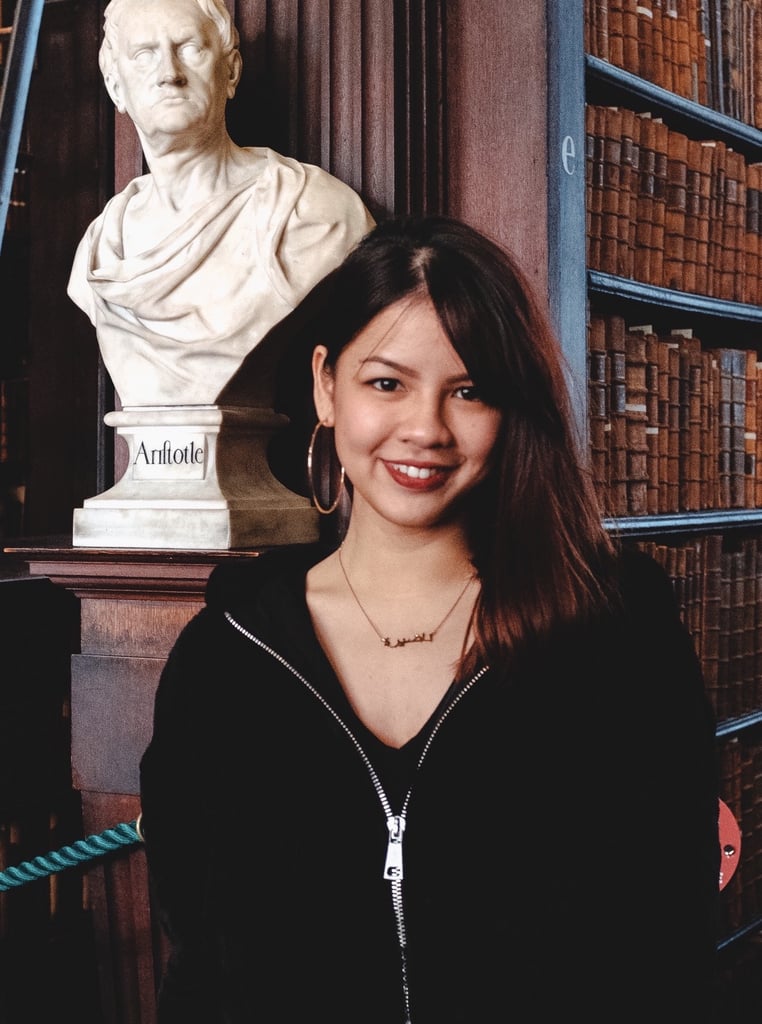Nadhirah Rashid is an MSc Student at the School of Public Policy and has been volunteering online with Project Access UK. Have a read through her story below to see what it's like volunteering as a Master's student, how she helps other potential students and why she finds volunteering so rewarding.

Tell us a little about your volunteering
I am a mentor from Project Access, a non-profit organization that aims to help potential students from less privileged backgrounds apply to university. After signing up to become a volunteer, Project Access matched me with prospective students intending to study Public Policy. I talk to my mentees through Skype from the start of their applications. Project Access requires a commitment of at least one hour a month with mentee(s).
How did you find out about the role?
Through the Volunteering Service Directory page on the Students' Union UCL website.
Why did you want to become a volunteer?
Having been in their position myself, I understand how stressful a college application process can be, especially when applying to top universities in the world. I want to help potential students feel at ease and confident that they could attain their full potential. By sharing my own personal experiences, I hope to convince them that anything is possible, including getting a placement at UCL.
What difference do you feel you’ve made by volunteering?
It is my wish that prospective students look beyond the guise of this process being merely about their college application, but also the importance of effective communication. That communication is what ultimately binds us and brings us closer, regardless of where we are on the globe. While I am just doing my part, the students that I have mentored are all incredibly ambitious and high spirited. Their drive, in turn, motivates me to be my best self as a mentor. Truth be told, they have had as much of an impact on me as I have had on them.
What impact has volunteering had on you?
It has allowed me to break geographical borders by communicating with people from varying backgrounds. To learn of someone’s societal and academical upbringing has pushed me to raise my communication skills to better understand each person’s needs. This has elevated my social skills, which I find to be an important attribute in becoming a well-rounded leader.
What’s the best thing about volunteering?
I have learned so much about other countries' education system and culture through the connections I have made from the volunteer program. With a better understanding of the world around me, I am now better equipped on my journey of being a global citizen.
And the most challenging? How did you overcome the challenges?
At first, time management was a problem as I wasn't only volunteering for Project Access but other organizations as well. On top of that, I was attending school and I also had two part-time jobs. However, I have set aside an hour every month to catch up with my mentees to ensure that they are on track with their applications. Besides that, the Project Access website really helps in goal-setting and meeting agendas.
Tell us about something memorable that’s happened to you whilst volunteering
Forming not only meaningful mentorships but also friendships. Project Access connected me to potential UCL students not only from my home country but other parts of the world. And despite our rich differences, we would always find ourselves on the same common ground - our commitment to education.
Would you recommend volunteering? If so, why?
Definitely, yes. Many people volunteer not to just gain experience, but because it would also look good on their resumes. However, it is so much more than that. Volunteering opens up many doors in terms of careers, network and friendships. Knowing you have contributed to another person’s life in some way, no matter how big or small, makes the experience undeniably priceless.
If you want to make a difference through volunteering like Nadhirah, browse the opportunities on our volunteering directory to see what you can get involved in.